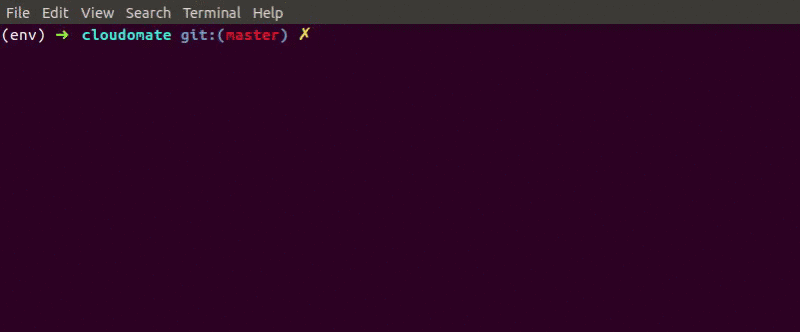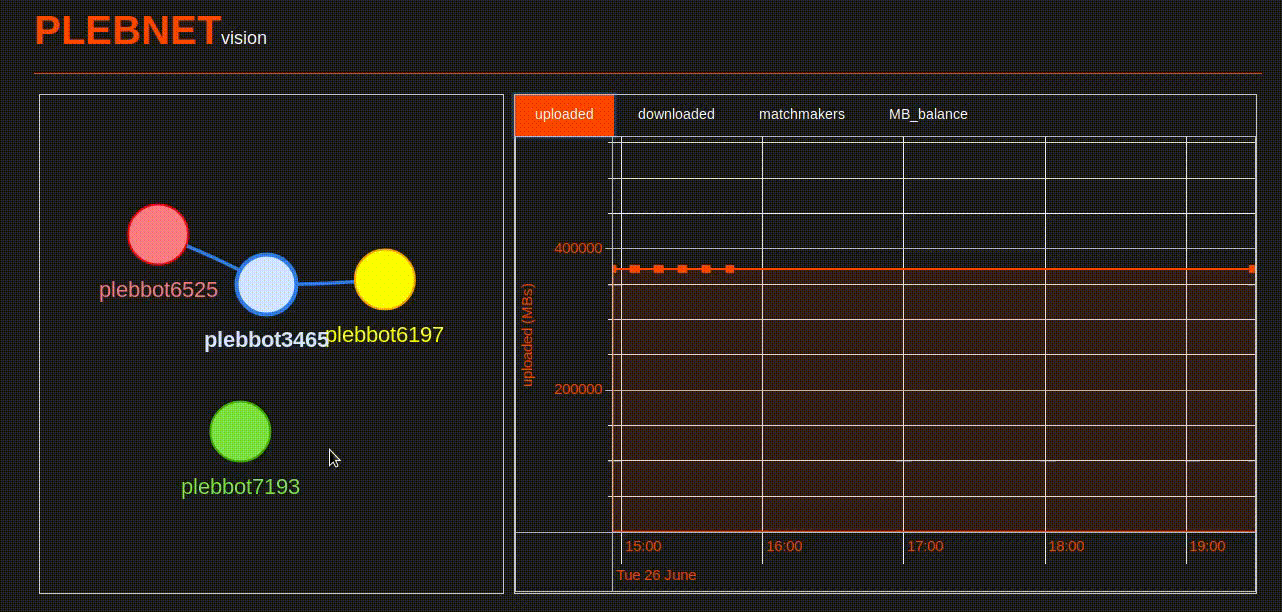Kick-off meeting:
- reading list:
- 2016 reading: Autonomous Self-replicating Code
- 2017: PlebNet: Botnet for good
- prior project code and issues:
- captcha solving
Google's ReCaptcha Solved!!Agent now has the possibility to solve google ReCaptchas in a timely and efficient matter. - hardcore hosting issues VPS and VPN

- scientific ticket on autonomous token economy
- captcha solving
- intelligence algorithms
- survival
- market speculation
- apatite for risk (allergic to risk taking, all-in, frugal life, big spender, long-game, opportunist, ..)
- tech stuff
- balance: seeding mode for popular stuff, archive mode or Tor-like exit traffic
- server characteristics: cpu strength, bandwidth, which country, wallet safety, and legal regime
- income generation: popular press on anonymous Bittorrent tokens and Tor-like exit nodes







Project : Bitcoin-Intelligent-Life
Self-replicating Bitcoin-based entities using deep re-enforcement learning
You will create a key prototype that advances the state-of-the-art of self-replicating software, autonomy, and artificial intelligence. Your mission is not to terminate all human life.
Bitcoin is an essential technology for digital life: you can buy servers. In prior work TUDelft has created CloudOmate. With CloudOmate you can buy servers with Bitcoin automatically. CloudOmate gives any computer the power to own money, replicate freely, no human can access that server, and no human can take that money away. It becomes an autonomous virtual entity. With cloudomate can even enhance it's own privacy and buy VPN networking autonomously.
Next step is adding intelligence and learning to this autonomous virtual entity. You will combine buying servers with Bitcoins with the another peak-hype technology of today: AI. You will create a basic intelligent entity, capable of self-replication and learning capability. For the learning side you can use deep re-enforcement learning engine in Python. See basic tutorial
Possible sprints for the 10 weeks:
Outcome: running code and Github readme.md (no thick final report that nobody really reads).
Warning: this is a scientifically most challenging assignment (recommended for 'Cum Laude' level students) Supervised by: Dr. Johan Pouwelse